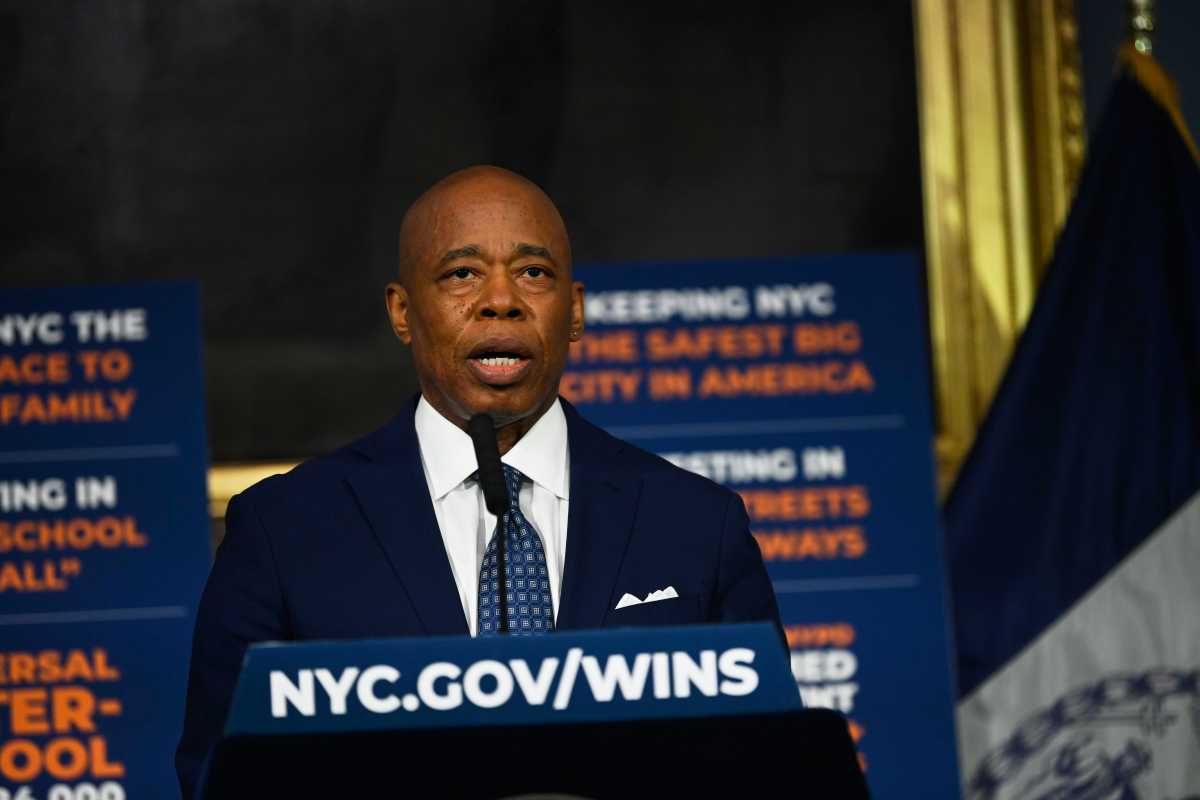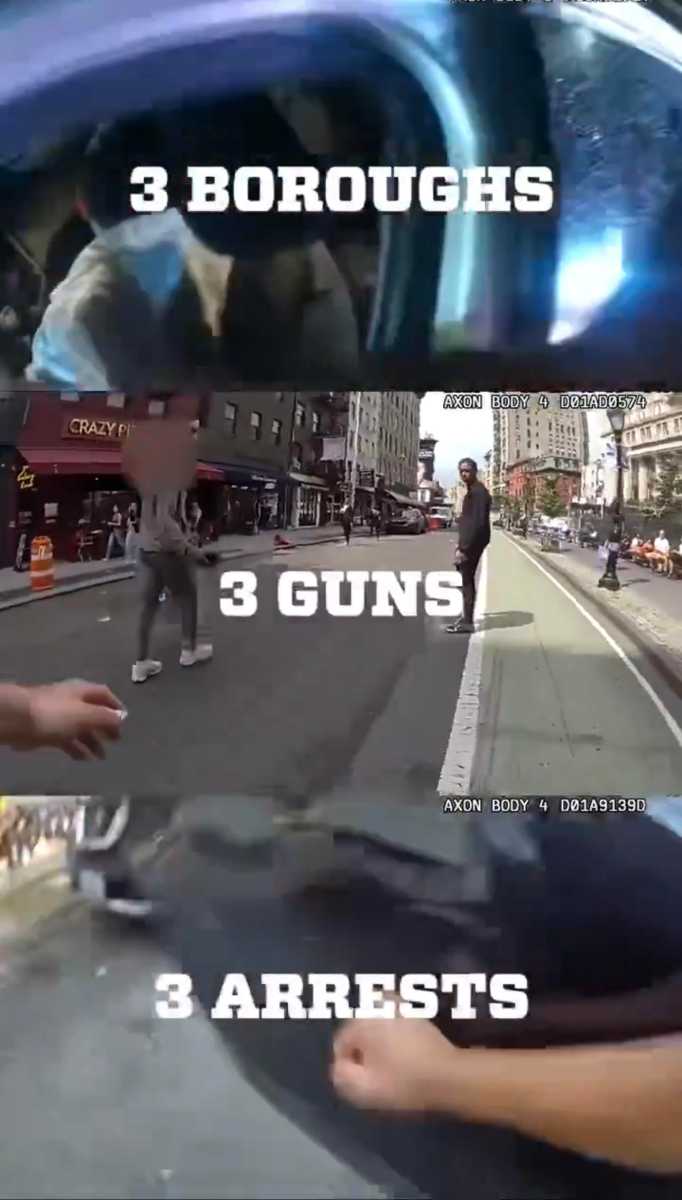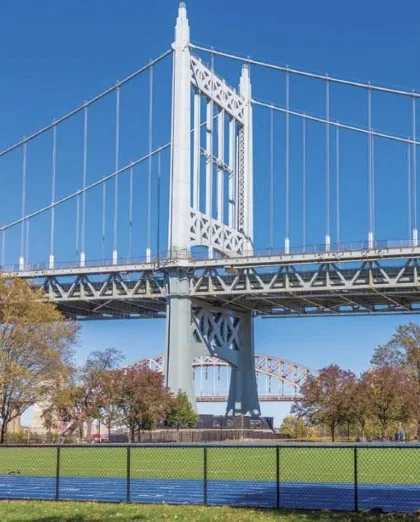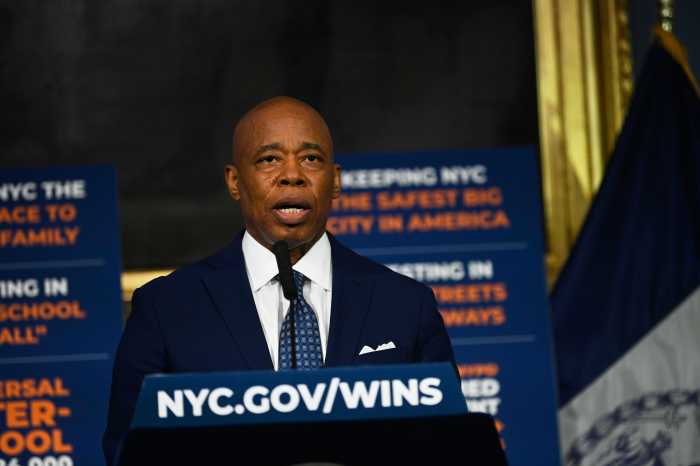As Chair of the City Council’s Environmental Protection Committee, I’m addressing two critical energy-related sustainability issues that we must pay attention to for both immediate and long-term reasons. One is a serious threat by a revenue-starved state government and natural gas companies to the drinking water for half of the state of New York, including all of New York City. The other is our ability right now - if we show the leadership and the will - to lower New York City’s greenhouse gas emissions significantly with the use of certain biofuels.
If we act wisely on both of these issues, we can not only protect and improve today’s economy, but lay the foundations for an environmentally and economically sustainable future as well.
About 100 miles north of New York City, in the watershed where the residents of New York City get their drinking water, energy companies are lining up to use an environmentally disastrous technique called “hydraulic fracturing” that has been recently facilitated with the passage of a new state law.
The process, also called “hydrofracking,” forces a three-to-nine-million-gallon slurry of water, sand and toxic chemicals into each drilling site thousands of feet underground and has been decried for its impact on water supplies around the country. As a trained geologist and environmental policymaker who has worked to protect our unfiltered water supply from development, it is my opinion that opening the city’s drinking water supply watershed to hydrofracking will degrade our water supply and ultimately require the city to filter the water from this watershed. The construction of such a plant could cost city taxpayers $20 billion.
For this reason, I have been calling for a ban on hydrofracking within the New York City drinking water supply watershed. The NYS Department of Environmental Conservation, acting on behalf of a state government eager to reap the monetary benefits of natural gas exploration, has so far refused to adopt such a ban. I will continue to fight for a ban until it is adopted.
Those advancing the “drill, baby, drill” mantra argue that we need to find clean, alternative, domestic sources of energy right now. I could not agree more. That is why I am pushing, instead, for the passage of City Council Intro. 594, my “Bioheat” bill.
For about two years now, New Yorkers have been led to believe that the worst thing they can do for the environment is drive their car. According to PlaNYC, cars and light trucks contribute approximately 17 percent of the city’s total carbon emissions, while a whopping 79 percent of New York City’s carbon dioxide emissions come from buildings. Therefore, environmentally speaking, the worst thing we can do is wait any longer for meaningful building emissions reforms, such as the bioheat mandate outlined in my bill.
The bill requires all heating oil used in New York City to be “B20 bioheat” by the year 2013. B20 bioheat is a mixture consisting of 80 percent standard heating oil and 20 percent biodiesel, which is essentially vegetable oil, made entirely from domestically produced, sustainable, renewable sources like soybeans or algae.
Bioheat dramatically reduces carbon emissions and other air pollutants, reduces our dependence on foreign oil, creates green jobs right here in New York, and costs the same or less that standard heating oil. We need to pass Intro. 594, mandate bioheat now, and start to clean our air and reduce asthma, grow our green economy, and reduce our dependence on foreign oil.
Both of these measures - convincing a cash-strapped state government to ban hydrofracking in our irreplaceable water supply and passing my landmark bioheat legislation - will benefit New York both environmentally and fiscally, right now and for generations to come.
New York City Councilmember James F. Gennaro represents the 24th District in Queens.


































